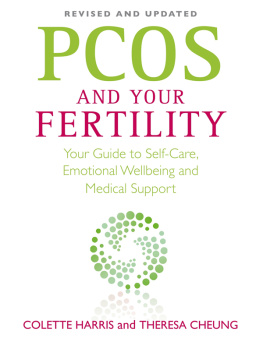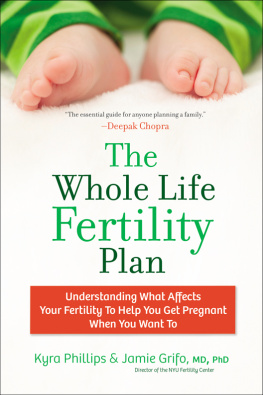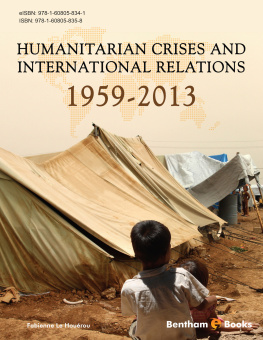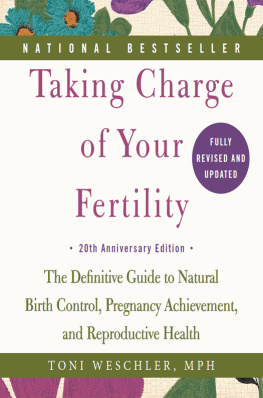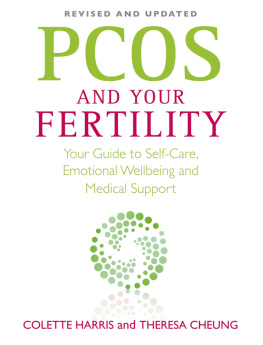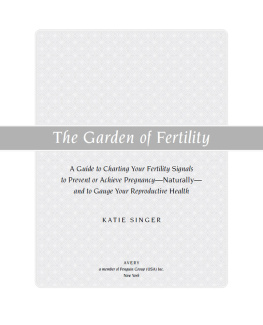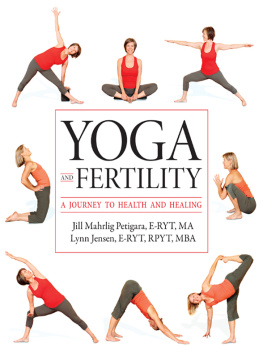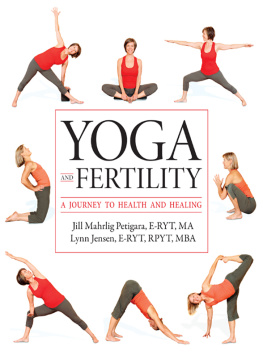
Fertility, Health and Lone Parenting
As of 2017, there are 2.9 million lone parents with dependent children in the UK, and nine out of ten lone parents are women. Sadly, lone parents are known to experience considerable social, financial and health problems.
Fertility, Health and Lone Parenting examines the way in which lone parents live their lives, and how it impacts their health and well-being. Indeed, such topics explored in these interdisciplinary contributions include lifestyle, nutrition and the mental health of both parents and children. Unique empirical case studies within a European context help to expand the readers understanding whilst also providing comparative imagery among young mothers, fathers and their children.
A timely volume, this book will appeal to undergraduate and postgraduate students interested in subjects such as Sociology of the Family, Social Policy, Social Work, Gender Studies and Family Policy.
Fabienne Portier-Le Cocq is Professor of Contemporary British Studies at the University of Tours, France.
Routledge Studies in the Sociology of Health and Illness
www.routledge.com/Routledge-Studies-in-the-Sociology-of-Health-and-Illness/book-series/RSSHI
Available titles include:
Self-Medication and Society
Mirages of Autonomy
Sylvie Fainzang
Financing Healthcare in China
Towards Universal Health Insurance
Sabrina Ching Yuen Luk
Socio-economics of Personalized Medicine in Asia
Shirley Hsiao-Li Sun
Fathering Children with Autism
Needs, Practices and Service Use
Carol Potter
Recovery, Mental Health and Inequality
Chinese Ethnic Minorities as Mental Health Service Users
Lynn Tang
Fertility, Health and Lone Parenting
European Contexts
Edited by Fabienne Portier-Le Cocq
Forthcoming titles
Transnationalising Reproduction
Third Party Conception in a Globalised World
Edited by Roisin Ryan Flood and Jenny Gunnarsson Payne
The Social Determinants of Male Health
John MacDonald
First published 2018
by Routledge
2 Park Square, Milton Park, Abingdon, Oxon OX14 4RN
and by Routledge
711 Third Avenue, New York, NY 10017
Routledge is an imprint of the Taylor & Francis Group, an informa business
2018 selection and editorial matter, Fabienne Portier-Le Cocq; individual chapters, the contributors
The right of Fabienne Portier-Le Cocq to be identified as the authors of the editorial material, and of the authors for their individual chapters, has been asserted in accordance with sections 77 and 78 of the Copyright, Designs and Patents Act 1988.
All rights reserved. No part of this book may be reprinted or reproduced or utilised in any form or by any electronic, mechanical, or other means, now known or hereafter invented, including photocopying and recording, or in any information storage or retrieval system, without permission in writing from the publishers.
Trademark notice: Product or corporate names may be trademarks or registered trademarks, and are used only for identification and explanation without intent to infringe.
British Library Cataloguing-in-Publication Data
A catalogue record for this book is available from the British Library
Library of Congress Cataloging-in-Publication Data
A catalog record for this book has been requested
ISBN: 978-1-138-63236-3 (hbk)
ISBN: 978-1-315-20830-5 (ebk)
Typeset in Times New Roman
by Apex CoVantage, LLC
Contents
ANN BERRINGTON
SARAH PAYNE
JUDY CORLYON
ELIZABETH DOWLER
DENISE HAWKES
CATHERINE SELLENET AND TRANSLATED FROM FRENCH BY ROBERT BUTLER
ROSALIND BELL-ALDEGHI AND SANDY TUBEUF
LISA ARAI
FABIENNE PORTIER-LE COCQ
CARMEN LAU-CLAYTON
INGRID ESSER
I am indebted to numerous individuals and institutions for their support and advice in the completion of this book.
My grateful thanks go first to the contributors of this publication for their kindness and patience. My very special thanks should go to the peer reviewers, who cannot be named for obvious reasons.
No list of acknowledgements would be complete without recording my appreciation to the staff of Routledge publishing house, in particular Emily Briggs, editor for Sociology; Leonie Heath, Marketing Assistant; and Elena Chiu for their professionalism and unfailing helpfulness.
I am warmly grateful to the researchers and academics whose names follow for their genuine encouragements and help: Adrienne Burgess, Joint CEO and Head of Research, the Fatherhood Institute; Dr Ellie Lee, Director, Centre for Parenting Culture Studies, University of Kent, Canterbury; Professor Margaret Whitehead; W.H. Duncan, Professor of Public Health, University of Liverpool; Dr Simon Chapple, Senior Research Fellow, University of Otago, New Zealand; Dominic Richardson PhD, Senior Education Specialist, UNICEF Office of Research-Innocenti; Dr Tina Haux, University of Kent; Professor Karin Wall, Portugal; and Professor Marie-Thrse Letablier, University Paris 1.
I take advantage of this section to thank the SAES (the Society of Anglophone Academia), who granted me 750 to enable me to resume a qualitative study in England between July 2013 and 2014.
Note
Socit des Anglicistes de lEnseignement Suprieur, France.
Fabienne Portier-Le Cocq
In developed countries, women have their first child later, while new research has shown that girls from poorer backgrounds are two-and-a-half times more likely than children from wealthier families to start their period by the age of 11, which may be explained by stress and being overweight, themselves associated with social inequalities (Kelly et al., 2016). In the UK, a mothers mean age at first birth is 30.2 years compared with 30 in 2013. According to recent research, the children of older mothers are healthier and taller, and are more likely to be more intelligent than the children of younger mothers. Researchers surmise that the children born after the year 2000 of women aged 35 and over have better outcomes with respect to their cognitive ability because of the socio-economic circumstances of older mothers (Goisis et al., 2017).
The children of lone mothers in the UK fare better than in other countries (W-mann, 2015). Yet income inequality in infancy relates to poor health in adolescent females No such associations with early-life income inequality were found in males (Elgar et al., 2017). The family history of children born to lone mothers must be taken into account, as they are not a homogeneous group. In true fact, they experience different life paths, which have repercussions in terms of their disadvantage and needs. The mothers changes (or a lack of) in her partnership trajectories must be accounted for. Health, cognitive and behavioural outcomes may be related to family trajectories at different ages (Mariani et al., 2017, 23).
As of 2017, there are 18.9 million families in the UK, of which 12.7 million are married or couples in a civil partnership with or without children, and there are 2.9 million lone parents with dependent children. Over the last two decades (19962016), lone-parent families grew by 18.6% (ONS, 2016a). Nearly 55% of lone parents with dependent children have one child, while 13% have three or more. Fathers account for 22% of lone parents with non-dependent children compared with 10% of lone parents with dependent children ( ibid , 5). Less than 2% of lone parents are young parents (Gingerbread, 2016). In Britain, the official definition of a lone parent is unambiguous: A lone-parent family consists of one parent, irrespective of sex, living with her or his never-married dependent children, provided these children have no children of their own (ONS, 2011).



